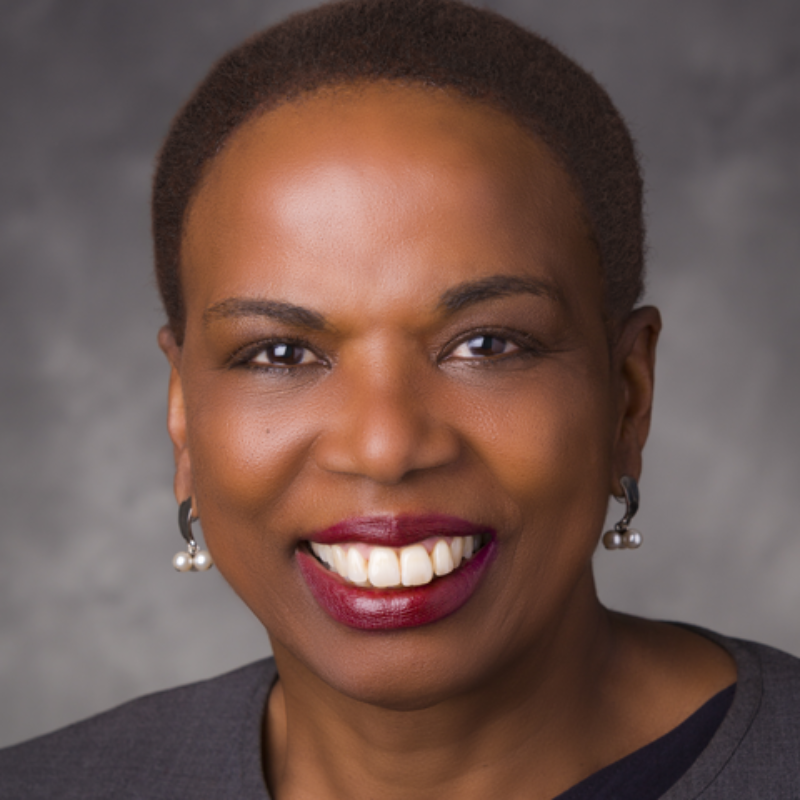What it Takes to Bring Graduation Within Reach for All
It’s hard to believe we’re nearing the end of graduation season. I recently returned from Texas to celebrate my nephew D.J., who received his master’s in criminal justice administration from Texas State, and I also headed out to Cambridge, MA, to attend my daughter Casey’s graduation from the Harvard Graduate School of Education.
D.J. and Casey have been fortunate to have access to quality education and, more importantly, a support network of family, friends and caring adults standing behind them, cheering them on.
Unfortunately, that isn’t the case for many young people in California. Particularly for those who have grown up within the foster care system, and who have struggled with homelessness or have been scarred by their experiences with the criminal justice system. I’ve talked with a number of these students over the last several years when I’ve visited communities in the Imperial Valley, Riverside and Fresno. They’ve overcome significant challenges to make it out of high school and into higher education. For example, youth may hear from caregivers and in schools that they are not good enough or smart enough for postsecondary education.
And then, for many, once in college, the college environment presents new obstacles, both academic and economic. How do you balance a course load with a full-time job? Where do you go if a dormitory closes during winter break? And that’s if you have access to housing. Too many students are living in their cars.
Fortunately, campus administrators are finding ways to create a support network to ensure these young people can succeed. I’m so proud that Cal Wellness funds these efforts through our Increasing Educational Opportunities for Resilient Youth and Increasing Diversity in the Health Professions grantmaking.
For example, Beyond 12, provides direct support for young people who need it most. Low-income, first-generation students get matched with college success coaches and learn what they need to know to pursue careers in high-skill, high-wage and high-growth health professions. We’re so excited about the possibilities for these young people.
Another grantee, Jovenes, works with homeless students to get them into housing. Homeless students who go through The College Success Initiative receive support from peers who were also once homeless. Through the initiative, students also receive help that includes housing via a rental subsidy. It’s a solution that’s working for these students—more than 80% of those involved in the initiative have stayed in school.
With these grantee efforts, we hope to help provide students with the support network they need—just like the supportive environment that D.J., Casey, and other students have been fortunate enough to have access to. We’re so thrilled about what the future holds for all students. These young Californians are going to be remarkable leaders, shaping our future. I’m cheering for them!

Judy Belk leads The California Wellness Foundation in pursuing its mission to improve the health of the people of California. In her role, she uses her vision and her voice to help Cal Wellness “level the playing field” so that everyone has access to good-paying jobs, safe neighborhoods and quality health care services.
